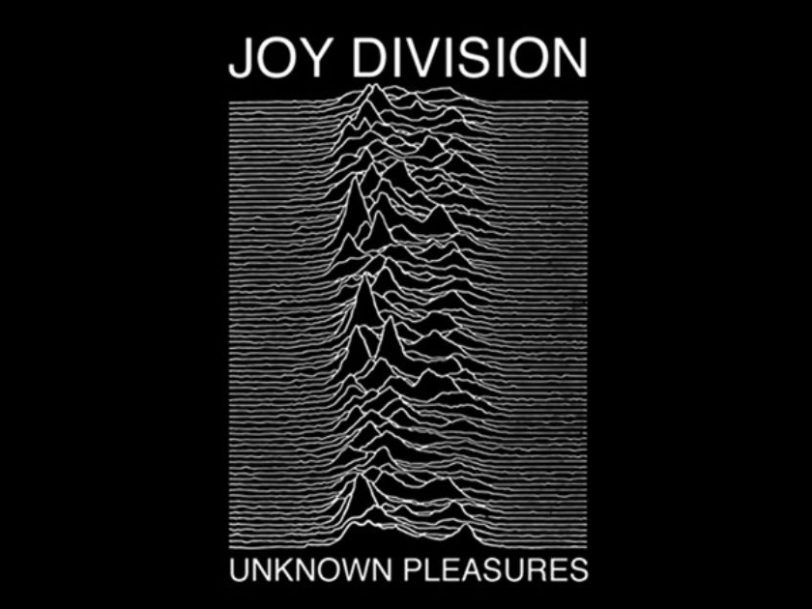Joy Division’s debut album, Unknown Pleasures, has been exhausting superlatives ever since its initial release in the summer of 1979. Now widely hailed as one of post-punk’s most important touchstones, it’s one of a few truly singular rock albums deserving of the over-used epithet “seminal”, yet its influence on successive generations amazes no one more than Joy Division’s remaining members.
Listen to ‘Unknown Pleasures’ here.
“The album just carried on by itself, without us”
“We just never expected to have this impact,” guitarist Bernard Sumner openly admitted in 2019, in an interview with Record Collector, with drummer Stephen Morris adding that, despite the tragically early death of frontman Ian Curtis, “The album just carried on by itself, without us.”
That Unknown Pleasures is seemingly impervious to the ravages of time is remarkable in itself. Yet, in retrospect, what truly beggars belief is how this still relatively naïve Manchester quartet could fashion a record of such depth and power barely 18 months after they issued their scrappy, punk-leaning formative EP, An Ideal For Living.
The answer to that question involves the confluence of several different factors, with sheer bloody-mindedness playing a major role. In the early part of 1978, Joy Division could barely get arrested in Manchester, but with gigs almost impossible to come by in the wake of their live debut, at Pip’s Disco, they knuckled down and rehearsed intensively – getting significantly better at their craft while honing the songs that would feature on Unknown Pleasures.
“For the most part we used to go in and run through all the tracks in one go”
Geopolitical considerations also came into play, as Joy Division had two defiantly pro-Manchester movers and shakers fighting their corner. Their outspoken manager, Rob Gretton, and TV presenter turned label mogul Tony Wilson both believed passionately in their home city and felt Joy Division could still achieve success if they chose to swerve the all-powerful London-centric media.




